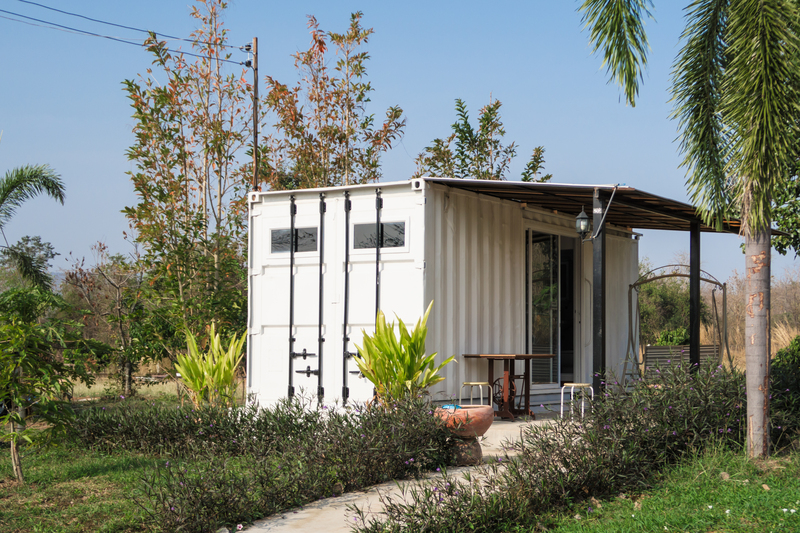Urban Centers Struggling with Excessive Air Contamination in Britain
Posted on 23/06/2024
Urbanization has brought about numerous benefits to society, such as economic growth and improved living standards. However, with the increasing number of people living in cities, there is also a rise in air pollution. While it may be easy to overlook, air pollution in urban centers is a serious issue that is negatively impacting the health and well-being of both humans and the environment. In Britain, this problem has reached alarming levels, with many cities struggling to combat excessive air contamination.
The Causes of Air Contamination
There are various sources of air pollution in urban centers, but one major contributor is vehicle emissions. The high volume of cars on the roads in these areas leads to an increase in exhaust fumes and harmful pollutants being released into the air. Additionally, industrial activities, including manufacturing and power generation, also contribute to air contamination. Other factors such as burning fossil fuels for heating and inefficient waste management systems also play a significant role.

Effects on Health
The consequences of excessive air contamination on public health are significant and cannot be ignored. Exposure to polluted air can lead to respiratory diseases such as asthma, bronchitis, and lung cancer. It can also aggravate existing conditions like heart disease and stroke. Children and older adults are the most vulnerable groups, with air pollution being linked to developmental problems in children and premature deaths in the elderly.
The Impact on the Environment
Not only does air pollution affect human health, but it also has severe consequences for the environment. Emissions from vehicles and industries contribute to climate change by trapping heat in the atmosphere, leading to global warming. This results in extreme weather events, rising sea levels, and damage to ecosystems. The pollutants released into the air also harm plants' growth and contribute to acid rain, which can damage buildings and infrastructure.
The Struggle for Cleaner Air in Urban Centers
The UK government has taken steps to address air contamination in urban centers, including implementing low emission zones and promoting the use of electric vehicles. However, these efforts have not been enough to combat the problem completely. In many cities, air pollution levels continue to exceed legal limits, putting the health of citizens at risk.
The Pros and Cons
On one hand, urban centers' high population density means that more people are exposed to polluted air, making it a pressing issue that needs immediate attention. The consequences of inaction could be catastrophic for both public health and the environment. On the other hand, reducing air pollution requires significant changes to be made across various sectors, which can be challenging and costly.
Tips for Combating Air Contamination
There are steps individuals can take to help reduce air pollution in their own communities. These include using public transportation or carpooling instead of driving alone, choosing renewable energy sources for home heating and electricity, properly disposing of waste, and participating in local initiatives to improve air quality. Supporting policies that promote clean air is also crucial.

Takeaways from the Situation in Britain
The UK's struggle with excessive air contamination highlights the importance of proactive measures to reduce emissions in urban centers. It also serves as a reminder that individual actions play a significant role in addressing this issue. The situation in Britain shows that without proper regulations and enforcement, air pollution will continue to be a challenge.
Conclusion
In conclusion, urban centers in Britain are facing severe challenges due to excessive air contamination. This issue not only affects human health but also has far-reaching effects on the environment. While efforts are being made to tackle this problem, it requires a collaborative effort from individuals, industries, and governments to achieve significant improvements and ensure cleaner air for future generations. It is time for all stakeholders to take action before it's too late.
Latest Posts
Enhance Business Efficiency with Waste Collection

